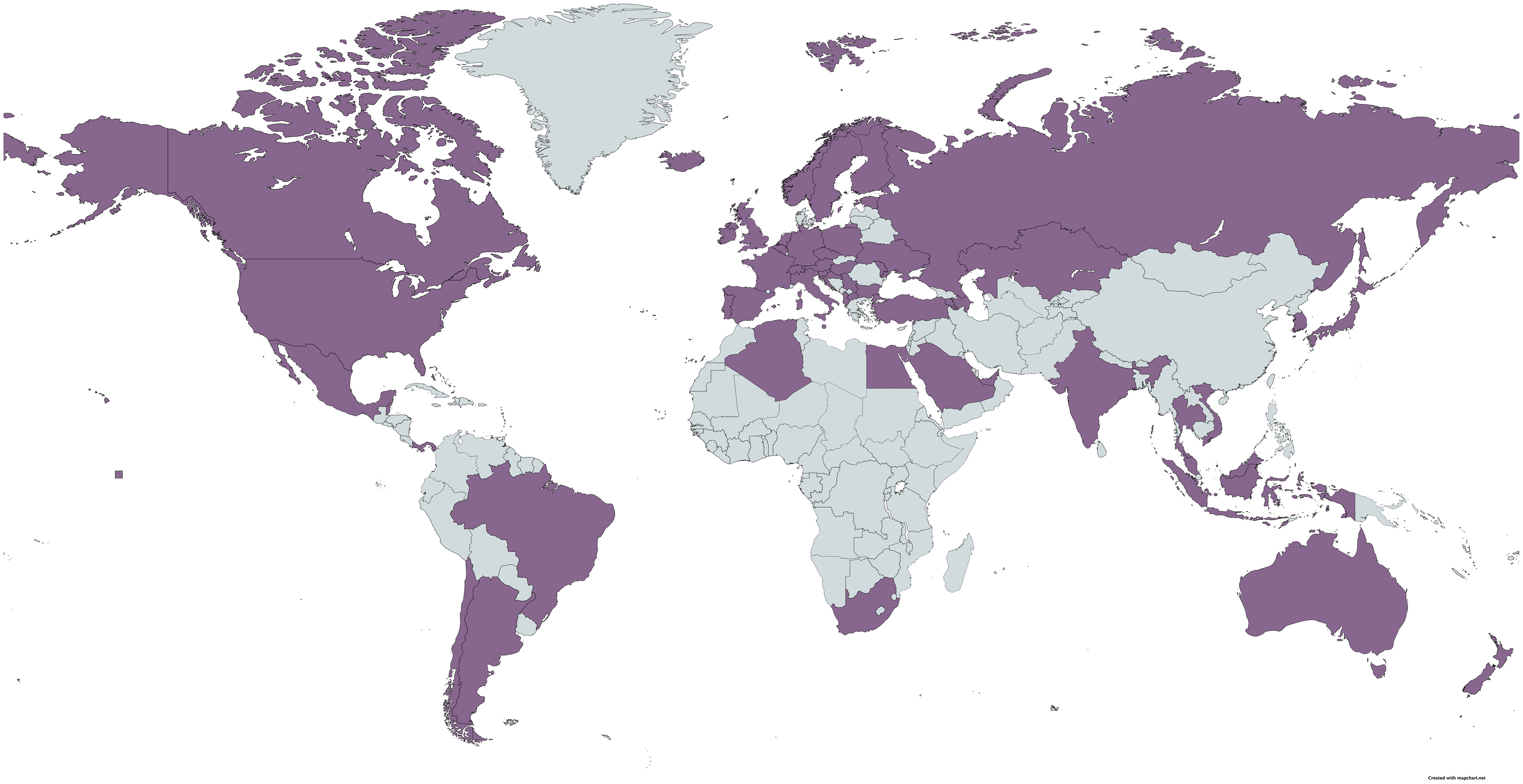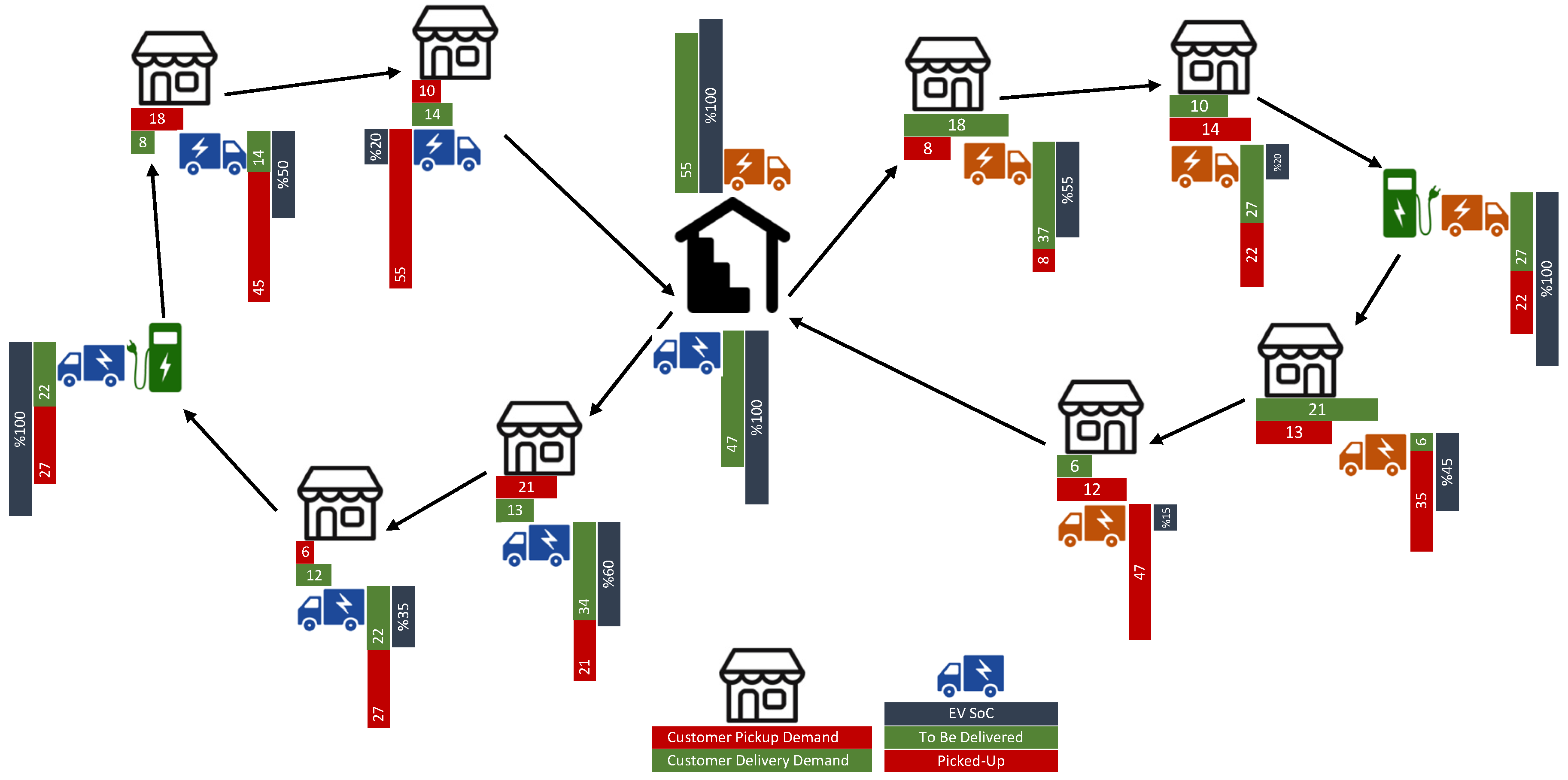Getty Images is a prominent platform known for its vast collection of high-quality visual content. To enhance user experience and ensure relevant search results, Getty Images utilizes advanced algorithms. Understanding these algorithms can help users navigate the platform more effectively, find the right images, and improve their overall search outcomes.
What are Getty Images Search Algorithms

Getty Images search algorithms are complex systems designed to analyze user queries and retrieve the most relevant images from an extensive database. These algorithms take into account various factors, including keywords, image metadata, user preferences, and engagement metrics. By leveraging machine learning and artificial intelligence, Getty Images aims to refine search results, ensuring that users receive images tailored to their specific needs.
The primary goal of these algorithms is to streamline the image discovery process. They categorize images based on themes, styles, and licensing options, enabling users to filter their searches effectively. Additionally, the algorithms continually evolve through user interactions, learning which images are most frequently selected and deemed relevant. This iterative process contributes to improving the accuracy of future search results.
How Getty Images Search Algorithms Work

The functioning of Getty Images search algorithms involves several steps to ensure effective image retrieval. Initially, when a user types in a search query, the algorithm analyzes the input for relevant keywords and phrases.
Next, it scans the extensive database of images, comparing the search terms with image titles, descriptions, and tags. Factors such as image quality, popularity, and recency also play a significant role in the scoring system used to rank images. The algorithms prioritize results that match the user’s intent while also considering previous user behavior and trends.
Furthermore, Getty Images employs user feedback and engagement data to continuously fine-tune its algorithms. This means that the more users interact with the images—whether through downloads, views, or likes—the more the algorithms adapt to serve personalized results over time. As a result, users benefit from increasingly relevant image suggestions with each search, enhancing their overall experience on the platform.
Factors Influencing Search Rankings on Getty Images
When you search for images on Getty, have you ever wondered what determines which results show up first? It’s not just luck! There are several key factors that influence search rankings on this popular platform. Understanding these can help you find the images you need faster or even improve the visibility of your uploaded content. Let’s break it down:
- Relevance of Keywords: The keywords used in an image’s title, description, and tags play a crucial role. If these match your search query effectively, it’s more likely for the image to appear higher in the results.
- Image Quality: High-resolution images are prioritized. Getty favors clear, professionally-shot images that resonate with users.
- User Engagement: How often an image is downloaded or favorited can affect its rankings. More engagement typically means better visibility!
- Recency: Fresh content often gets a boost in rankings. New uploads can come up first in searches, especially if they meet the relevancy criterion.
- Licensing Type: The type of license also matters. Exclusive images may have different ranking dynamics compared to non-exclusive ones.
By being aware of these factors, you can better navigate Getty’s vast library or enhance your own image visibility. It’s all about making those connections!
Tips for Optimizing Your Images for Getty’s Search
If you’re looking to maximize the impact of your images on Getty, here are some practical tips to help you optimize your content effectively:
- Use Relevant Keywords: Think about what terms users might search for and incorporate these naturally into your titles and descriptions. Be specific!
- Add All Appropriate Tags: Don’t skimp on tagging! Use as many relevant tags as possible to increase discoverability.
- Enhance Image Quality: Ensure your images are high-resolution, well-composed, and professionally edited. Quality is king!
- Upload New Content Regularly: Consistently adding fresh content can keep your portfolio lively and improve search rankings.
- Consider Trends: Pay attention to current trends or seasonal themes that may boost searches, and try to align your uploads with these.
By applying these strategies, you’re more likely to see your images soar in search rankings. It’s all about making your content connect with what users are actively searching for. Happy uploading!
Common Mistakes to Avoid with Getty Images Search
Navigating the vast sea of visuals on Getty Images can be challenging, especially if you’re not familiar with the search algorithms at play. Here are some common pitfalls to steer clear of when searching for the perfect image:
- Vague Search Terms: Using generic keywords can yield a flood of irrelevant results. Instead of searching for “nature,” try more specific phrases like “tropical rainforest” or “mountain scenery.”
- Ignoring Filters: Make use of the available filters! Getty Images allows you to narrow down results by image type, orientation, color, and even contributor. Don’t overlook these tools; they can save you tons of time.
- Overlooking Licensing Options: Not all images are available for every use. Be sure to check the licensing details to avoid any legal issues later on. Understanding the difference between editorial and creative images is essential.
- Not Utilizing Collections: Getty Images offers curated collections that can be immensely helpful. Explore these collections for inspiration or to find themed images that fit your project.
- Neglecting to Experiment: Sticking to the same keywords or styles can limit your creativity. Don’t be afraid to experiment with various search terms and combinations to discover hidden gems.
By avoiding these common mistakes, you can leverage Getty Images‘ search algorithms more effectively and significantly enhance your image selection process.
Case Studies: Successful Use of Getty Images Algorithms
Many professionals and organizations have seen tremendous benefits from mastering Getty Images‘ search algorithms. Let’s take a look at some inspiring case studies that illustrate effective usage:
- Marketing Campaign for a Green Energy Startup: A marketing team used Getty’s advanced search filters to find images that aligned closely with their campaign’s eco-friendly message. By utilizing specific color palettes and themes, they were able to better resonate with their target audience and boost engagement by over 40%!
- Content Creation for a Travel Blog: A travel blogger successfully integrated Getty Images into their content strategy by searching for high-quality images that effectively depicted lesser-known travel destinations. By focusing on niche searches, they increased their site traffic significantly.
- Social Media Strategy for a Fashion Brand: A fashion brand leveraged Getty’s collections to curate stunning visuals that matched their seasonal themes. By analyzing trending keywords and styles, they tailored their posts, which led to a doubling of their social media following within three months!
These examples demonstrate how thoughtful searching and proper utilization of Getty Images’ algorithms can lead to significant successes. By applying similar strategies in your own projects, you can maximize the impact of your visual content!
The Future of Getty Images Search Algorithms
As we look ahead, it’s exciting to consider how Getty Images’ search algorithms may evolve. With advancements in machine learning and artificial intelligence, the potential for improved search capabilities is significant. Here are a few trends and innovations that might shape the future:
- Enhanced AI Understanding: Future algorithms may leverage even more sophisticated AI systems that better understand context, emotion, and even the subtleties of visual storytelling. This means searches could return results not just based on keywords, but on the emotional tone or narrative elements you’re looking for.
- Visual Recognition Technology: Imagine uploading an image and having the algorithm find similar visuals. Visual recognition technology is advancing rapidly, enabling more intuitive search experiences.
- User Personalization: Getty could implement deeper personalization options, allowing users to tailor their search experience based on past behaviors or preferred styles. This kind of customization would make finding relevant images faster and more intuitive.
- Integration with Social Media Trends: Integrating real-time social media trends could also enhance search results, aligning images with popular themes, topics, and styles relevant in the current digital landscape.
Ultimately, the goal of these advancements will be to make image searches more efficient and user-friendly. As technology continues to develop, we’re likely to see Getty Images introducing tools that transform how we discover visuals, ensuring that users can find exactly what they need—quickly and effectively.
Conclusion on Navigating Getty Images Search Effectively
Navigating Getty Images with ease is essential for anyone looking to leverage the vast library of visuals available. While the platform offers a powerful search engine, understanding how to use it effectively is key. Here are some takeaways to enhance your experience:
- Utilize Filters: Make use of the various filters available, such as orientation, color, and image type. This can help narrow down results to find the perfect image faster.
- Be Specific with Keywords: The more precise your keywords, the better your results. Avoid using overly broad terms that can lead to a flood of irrelevant images.
- Explore Related Content: Don’t hesitate to explore suggested images and categories. Often, browsing related content can spark inspiration and lead you to images you might not have thought to search for.
- Stay Updated on Features: Keep an eye on new features or updates from Getty Images. As the platform evolves, it might introduce new tools that can enhance your search experience.
By applying these strategies and staying informed about the evolving algorithms, you can maximize your search effectiveness on Getty Images. With a little bit of patience and experimentation, you’ll find that navigating through the vast visual landscape becomes a seamless experience, allowing you to focus on what truly matters—finding the right images that resonate with your vision.


